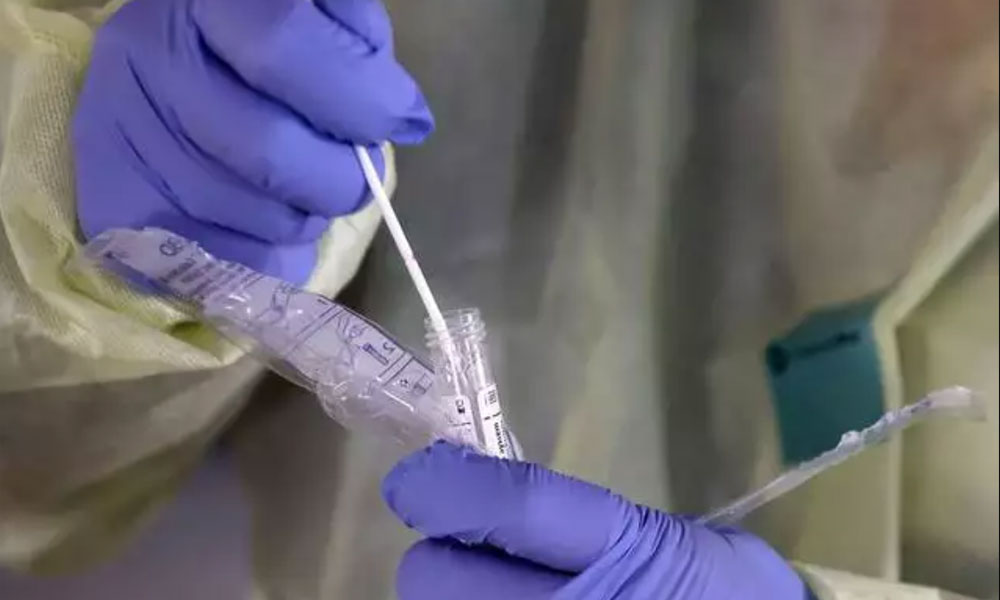CORONAVIRUS | Cases of severe acute respiratory infections (Sari) and influenza-like-illnesses (ILI) recorded a significant decrease since last week, according to Health director-general Dr Noor Hisham Abdullah.
Speaking at a daily press conference on Covid-19 in Putrajaya today, he said the downward trend was recorded by the Health Ministry (MOH) through sentinel surveillance carried out at its clinics and hospitals nationwide.
"We have been monitoring the trend. At the early stages (of the Covid-19 outbreak), we saw an increase in the number of Sari and ILI cases.
"However, since last week, and this week, the number of Sari and ILI cases are declining," Noor Hisham said.
According to him, the decline in Sari and ILI cases also shows that the country has managed to control the spread of Covid-19 in the community.
His comments came as a response to a concern raised by infectious diseases expert Dr Christopher Lee who today tweeted about the increasing number of Covid-19 cases detected via sentinel surveillance.
"Cases detected via surveillance are of concern as they imply unlinked community cases. Such cases up by 40 in 10 days.
"Implication: transmission still occurring in that locality (with MCO) & if that chain not broken, risk higher post-MCO. The location of these cases is key!" tweeted Lee, who is also a former MOH deputy director-general.
According to Noor Hisham, MOH had also carried out Covid-19 detection tests on patients who needed emergency or semi-emergency surgeries before they went under the knife.
So far, a total of 7,255 patients have been tested with only five of them found to be positive for the virus.
The ministry now aims to further widen their testing activities to include sentinel surveillance cases.
"These are among the surveillance activities that we conduct from time to time. And with the new antigen rapid test kits of which we have received 50,000 units now, we will extend testing to include surveillance Sari and ILI cases too.

"The number of sentinel clinics will also be increased," he said.
Sentinel surveillance refers to the activity of collecting high-quality data of a particular disease, involving medical staff who specialise in diagnosing, treating and reporting cases of the disease under surveillance.
Noor Hisham also explained the issue of varying the quarantine period between persons at quarantine stations. This follows complaints that some had to undergo quarantine periods longer than others.
According to him, the number of days a person is put under quarantine might vary depending on circumstances and may not be confined to only 14 days.
"If someone has symptoms, we will continue to conduct tests and monitor for 14 days. What is confirmed is that we will conduct at least two tests, which is on the first day and on 13th day of quarantine.
"If there is a reason, we will do more than two tests during the quarantine period.
"And if someone within the group under quarantine is tested positive, then they (the others) would have their quarantine extended because they are close contacts.
"Because if there is close contact (between them), then the quarantine won't be only for 14 days. This is maybe what many do not understand why some are quarantined for 14 days while some others had 21 days," he said.
Noor Hisham gave the example of a group of Malaysian students who returned from Indonesia, whom he said the first round of tests only revealed that seven of them were positive with the virus.
However, he added, 124 others in the group were tested positive a week later.
Keep up with the latest information on the outbreak in the country with Malaysiakini's free Covid-19 tracker.
Malaysiakini is providing free access to the most important updates on the coronavirus pandemic. You can find them here.
Help keep independent media alive - subscribe to Malaysiakini.

